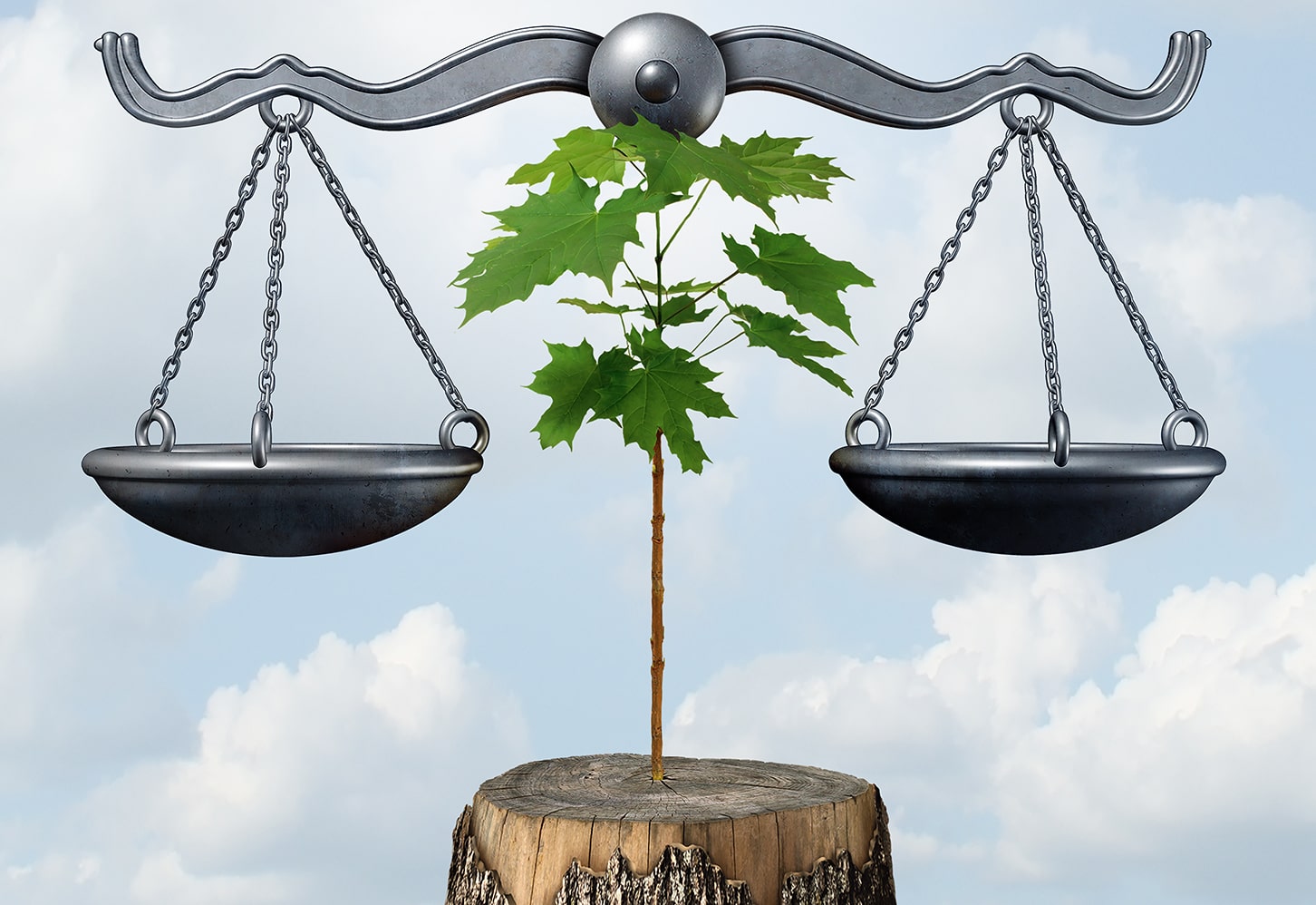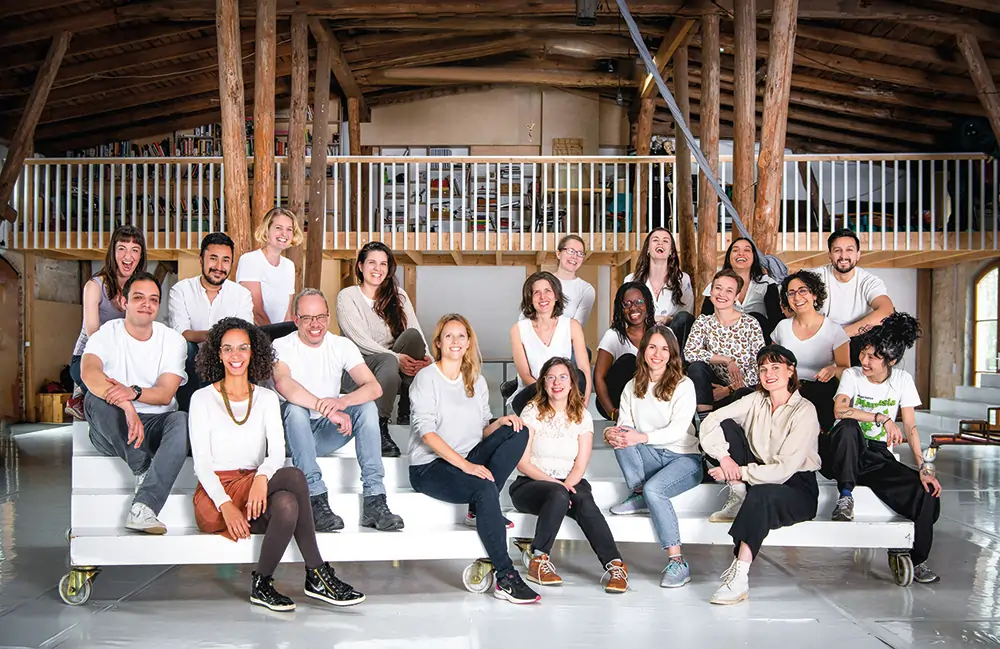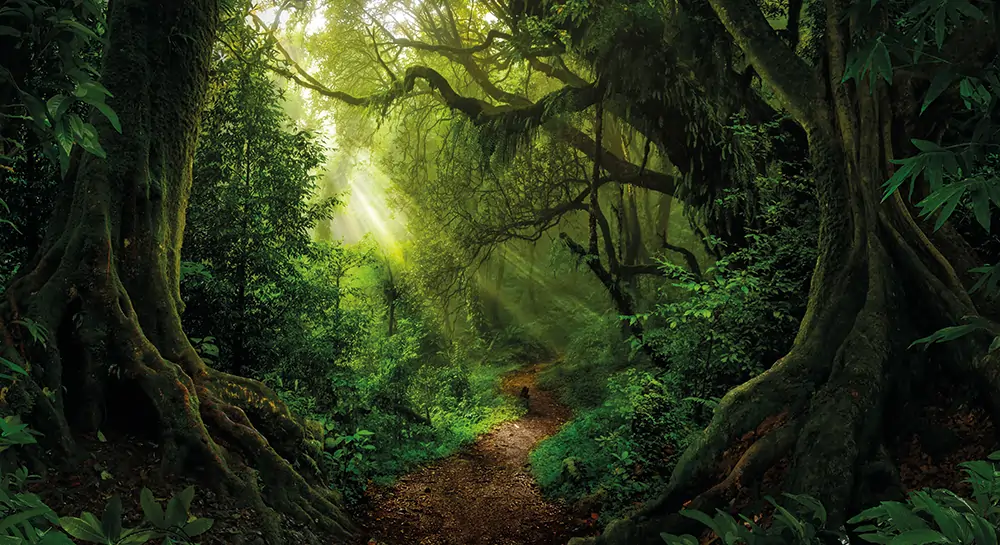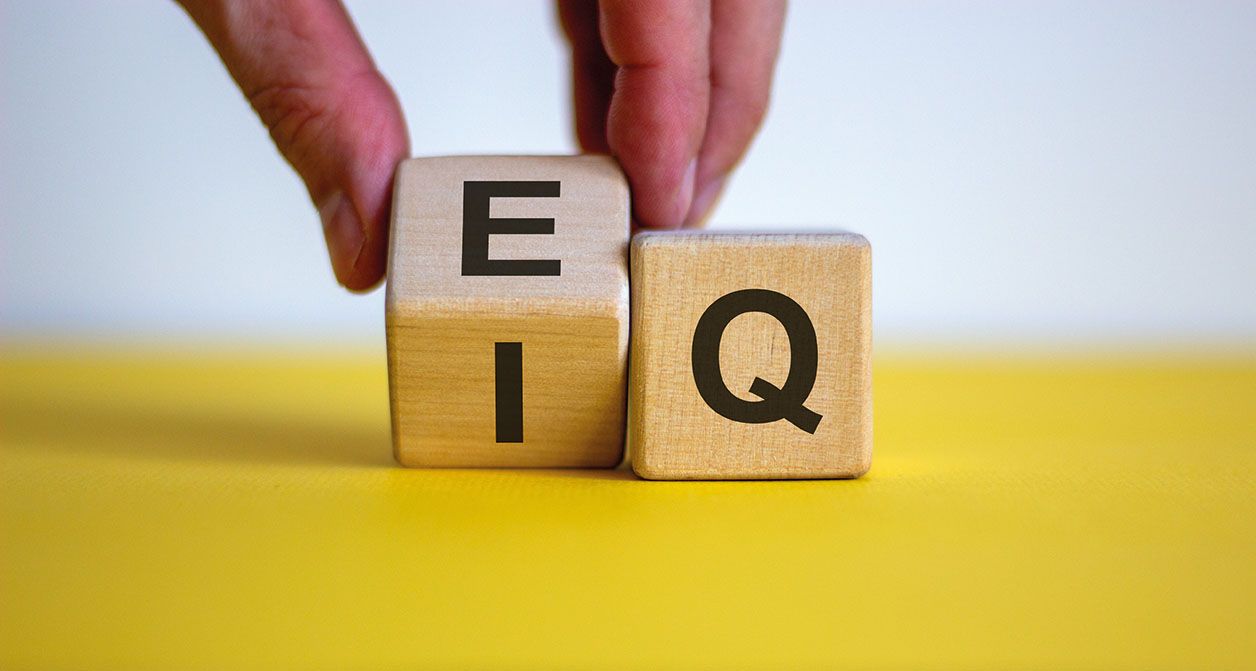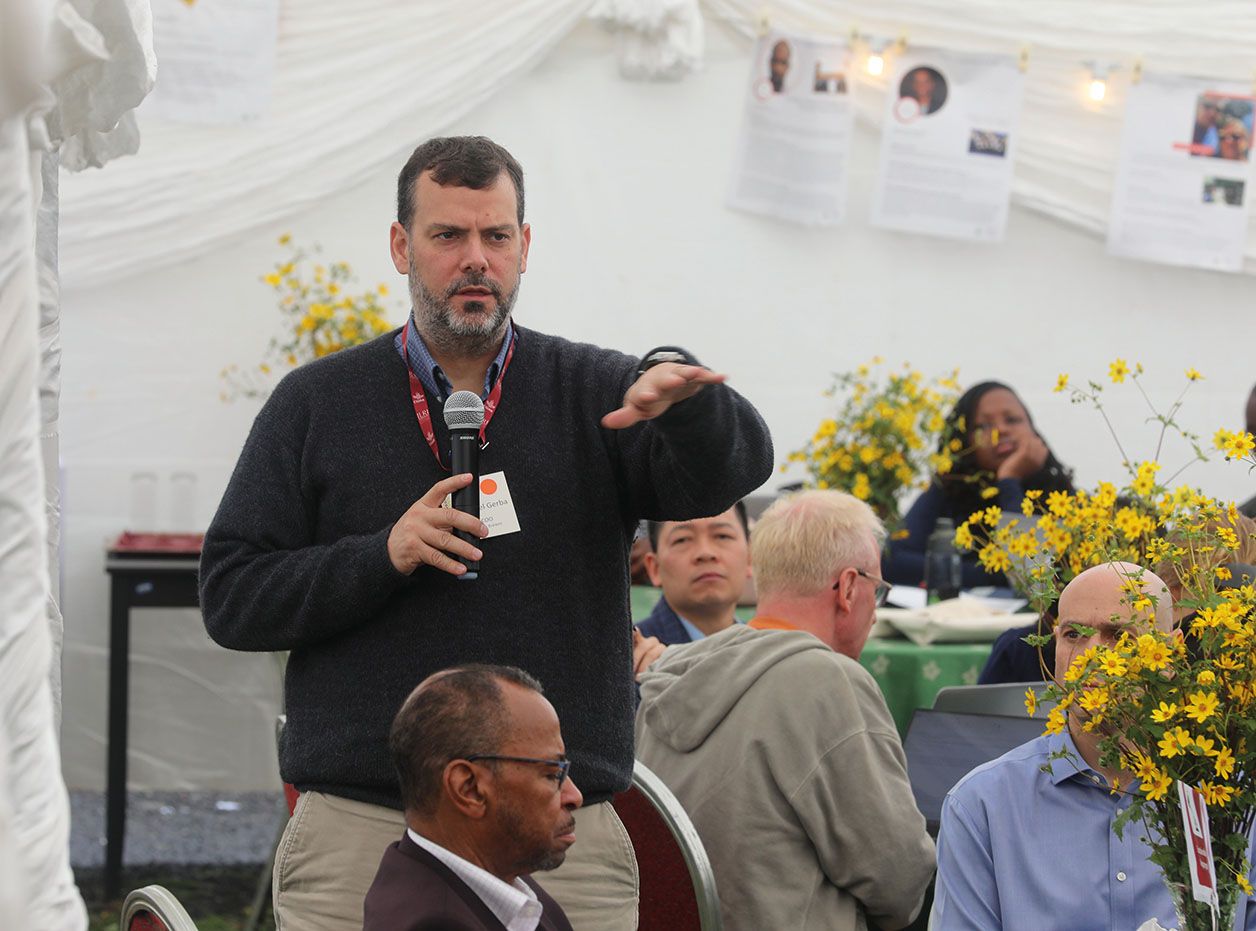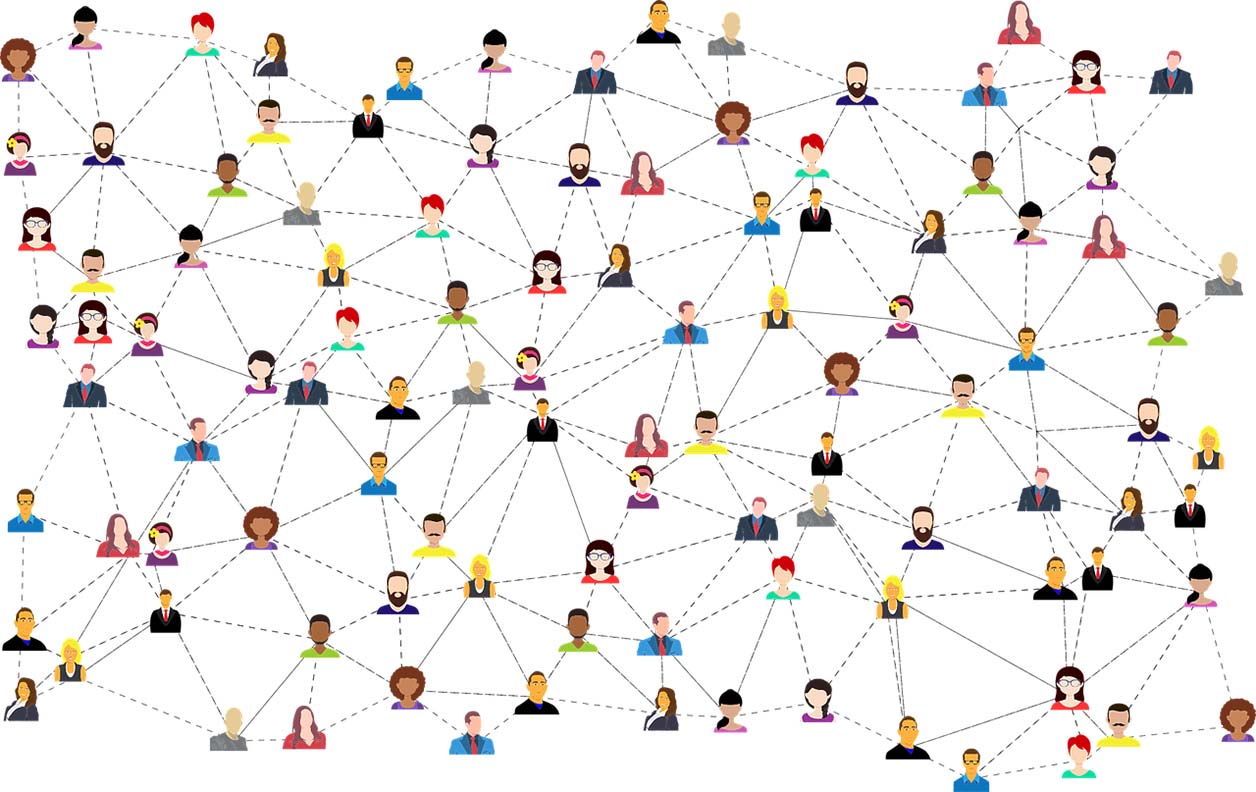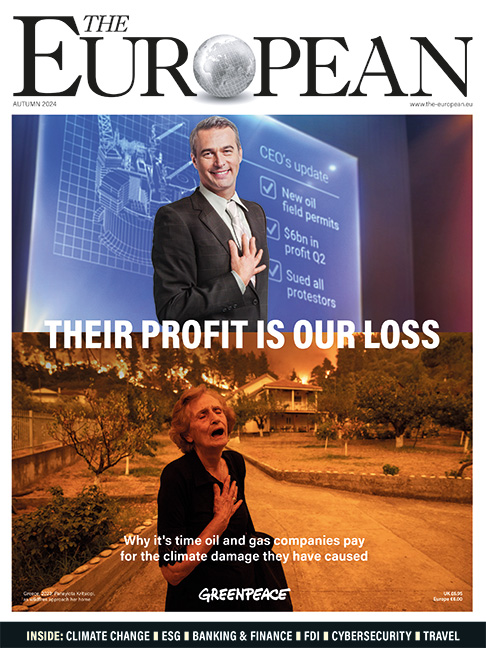Tineke Lambooy of Nyenrode Business University examines whether it’s time for new legislation and governance aimed at protecting valuable ecosystems
Reconsidering our position and role as humans in the natural world is the biggest challenge of the 21st century. Alarming reports tell us that we are driving the Earth’s ecosystems and species into mass extinction if we do not act now. Even area’s that are highly important from a biodiversity perspective are still inadequately protected across the world.
We know that there are many international treaties and national laws aimed at protecting nature and vulnerable species. Unfortunately, the current situation reveals that those have not been effective. When choices have to be made regarding the use of a natural area or wild animals’ lives, economic interest usually wins over ecological concerns. Also, our economies and behaviour have changed from traditionally more circular patterns into linear patterns. Instead of old newspapers or banana leaves, we use new plastic to package everything. Much of which ultimately ends up in the sea. Besides, the life of products has shortened considerably, thereby increasing the pressure on natural resources as well as the volumes of waste tremendously. All these trends adversely impact nature.
However, what if we change our view towards nature and give it legal rights?
Make nature a stakeholder
In decision-making regarding the use of a part of nature, nature itself is currently not represented as a stakeholder. Governments, provinces, municipalities and companies decide about the fate of a river, lake, forest or mountain. Those precious ecosystems are valued on the basis of the utility for human beings: do they provide food, fish, timber, sand, water, or vacation opportunities? Can they be used in the context of energy production? Nature itself has no say in these types of decisions.
Granting rights or legal personhood to ecosystems may offer a solution to this existential threat. If we create a situation in which entities of nature can take decisions in their own interest, we could see nature as having intrinsic value. We could also learn to acknowledge that nature can co-exist with us on our planet, just for its own benefit. That would constitute a systemic change in our thinking concerning ourselves and nature. Granting legal personhood to a particular ecosystem or area would imply that we see that part of nature as a legal subject instead of as a legal object. The subject still needs to be represented by human beings, just like a municipality, a foundation or a company. But these representatives can then take decisions in accordance with the purpose as defined in the legal document that established the “nature legal person”. Such purpose could for example align with the goals of an international treaty that contains norms relevant for the ecosystem in question.
Research at Nyenrode, conducted together with Alex Puzer and Ronald Jeurissen, reveals that a trend is emerging: ecosystems in different countries on all continents have been granted rights in recent years, mostly pursuant to civil society initiatives. Worldwide, close to 400 “Rights of Nature” initiatives were launched and a majority thereof were successful. Entities of nature, specific animals or animal categories currently hold legal rights. Such rights can take different forms: various rivers have been granted legal personhood (e.g. New Zealand, India, Bangladesh), whereas in many of the US cases, the citizens were granted the right to defend a certain ecosystem’s rights in court. Environmental destruction, species extinction and cultural beliefs are among the many motives behind the civil society initiatives.
Indigenous people
Indigenous people have inspired the basic thinking and the realisation of several of the Rights of Nature initiatives. They often regard themselves as part of nature. In their customs and culture, they have sets of unwritten rules that confirm the reciprocal relation with, and responsibilities towards, nature. An example of that is giving thanks to nature, and sometimes also to the winds, the sun and the moon.
For many indigenous people it is a non-indigenous concept to have rights in relation to nature, such as property rights in land. We witnessed in Australia, Indonesia, Uganda, parts of Europe, and the Americas how the people were generally not given a choice whether they wished to replace their own rules by the rules of the colonial settlers. Many European powers simply transplanted their legal systems, including their notions of land ownership and use. This resulted in imposing a Western worldview on the use of nature. Indigenous peoples have protested against that for generations. Our research shows that establishing Rights of Nature gives them a voice in the management of the ecosystems concerned and to integrate their traditional wisdom therein.
Bangladesh: Rights for the Turag River
The Bangladeshi people observed that (big) companies, business individuals and local authorities contributed to the disappearance of Bangladeshi rivers. For example, they put sand and industrial waste into the Turag River. They also built illegal constructions on the river banks such as industrial buildings. The Turag River was declared dead in 2016 by The Daily Star newspaper. This front page news caused the turning point for how people saw and spoke of the river. People organised themselves and later, a civil movement submitted a claim to the court claiming rights for the Turag River.
In 2019, the High Court of Bangladesh recognised that the Turag River was a living entity and granted legal personhood to the river. The court acknowledged that the existence of the Turag River and the cleanliness thereof is essential for the people and their way of life. The governance is placed in the hands of the River Protection Commission. Additionally, to educate people, the court ordered topics about river protection and pollution avoidance to be taught across schools and in factories.
Empowering a unique tidal wetland
Together with Jan van de Venis and Christiaan Stokkermans, we have developed a proposal of how to create legal personhood for the Dutch part of the Wadden Sea. This natural area has been valued highly for its biodiversity, because of the millions of migratory birds that visit the area every year. The Wadden Sea is a unique tidal area, which has been designated as a UNESCO World Heritage Area. Hence, we argue that we should attempt to treat it as a heritage site and to look after it for future generations.
Meanwhile, the municipality council of Noardeast-Fryslân adopted a resolution aimed at assessing the possibility to establish legal personhood for the Wadden Sea. Further, the acting Ombudsperson for Future Generations, spokesperson of the Dutch Lab for Future Generations opined on the question whether the nature values of the Dutch part of the Wadden Sea are being sufficiently protected for future generations. He concludes that this is not the case today and that we should explore the option of granting legal personhood to the Wadden Sea.
Legally protecting key ecosystems
All existing Rights of Nature initiatives merit more research as well as political consideration. Additionally, within the EU, we should assess in which way granting rights to nature can benefit Natura 2000 area’s and other key ecosystems. These are the areas to treasure. Rivers, for example, represent crucial ecosystems in Europe. They support nature from mountaintop to lowland river delta as well as all people, flora and fauna living on its shores. How happy would we all be if we could drink from our rivers? ‘Drinkable rivers’ is another interesting Dutch initiative that enhances these ideas.
Based upon our research concerning Rights of Nature, I believe that engaging in new legislation and governance aimed at protecting nature for current and future generations can result in real transformative social change.ν
Further information

